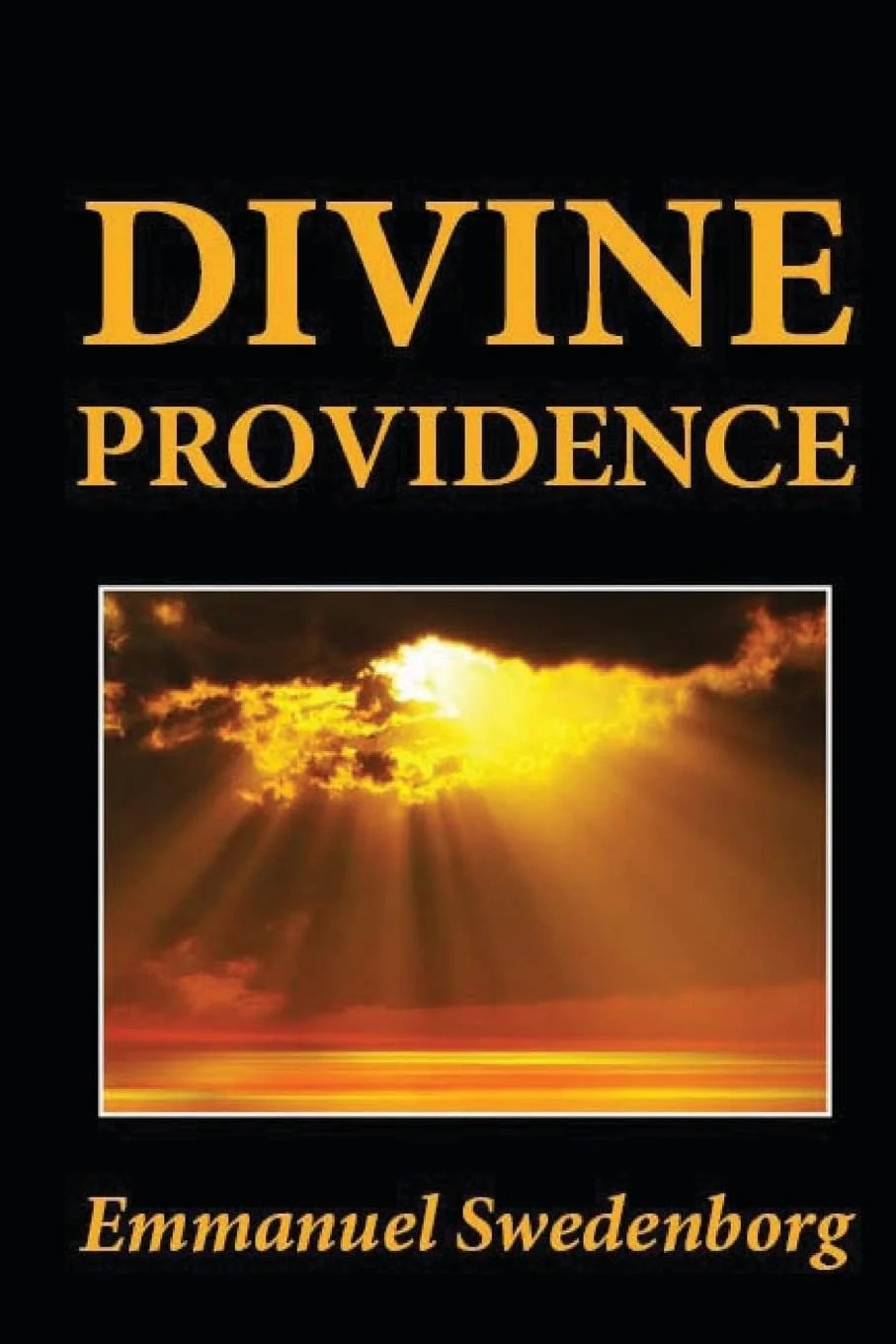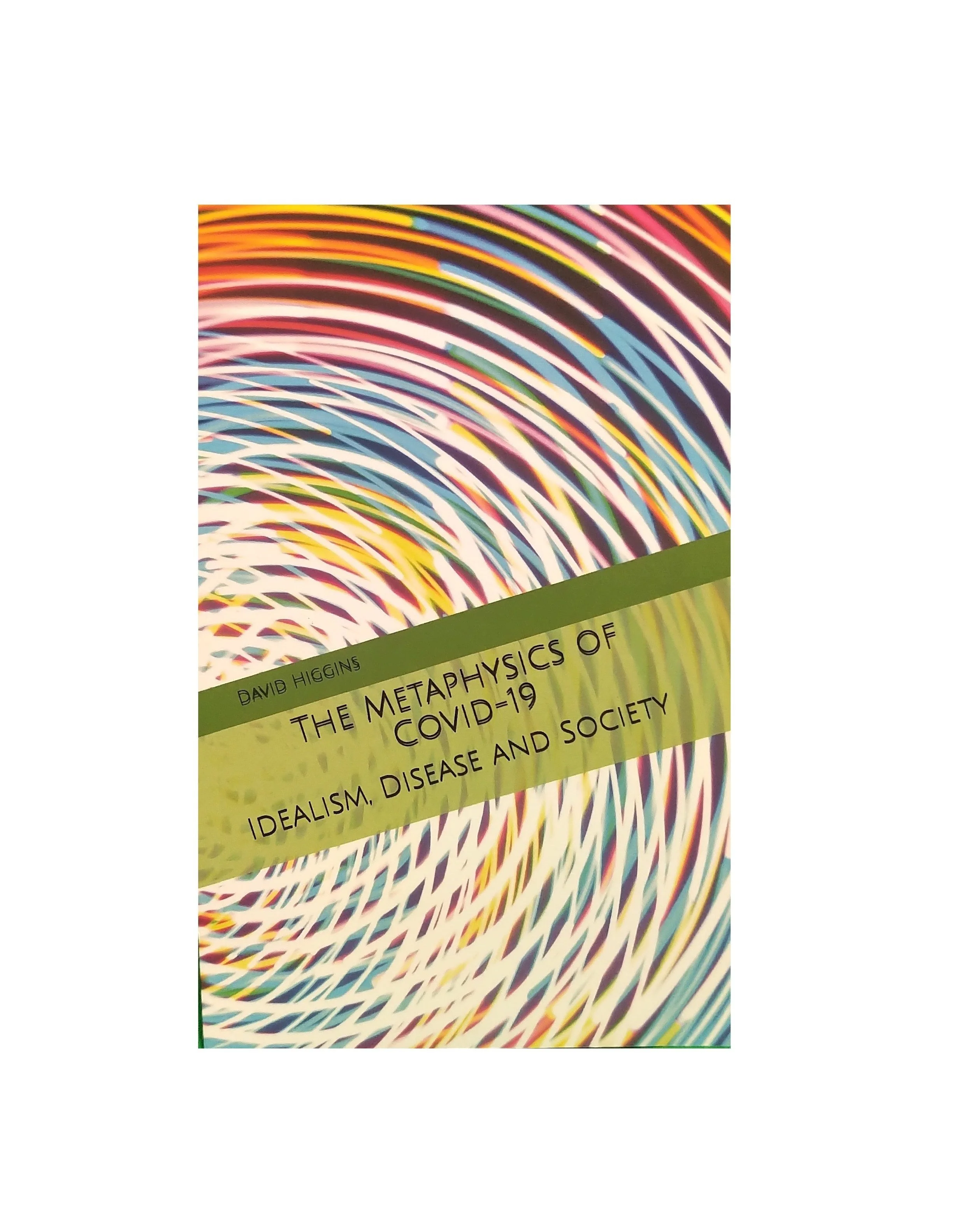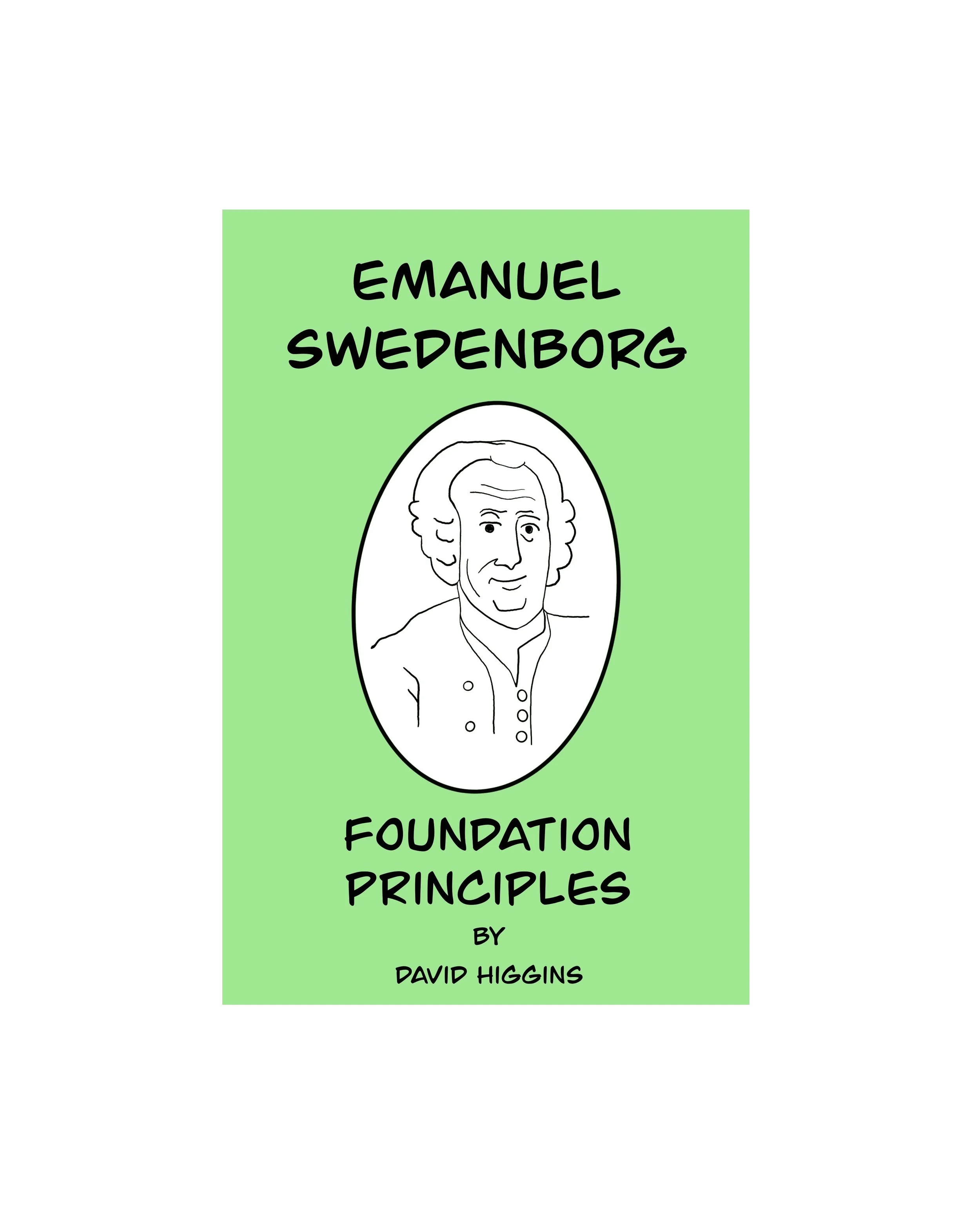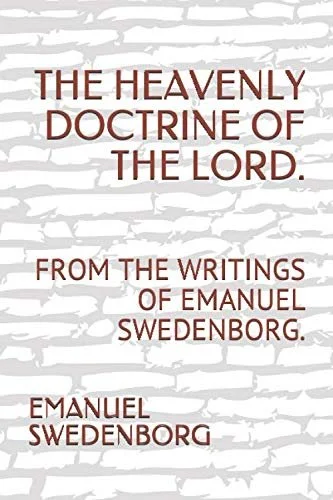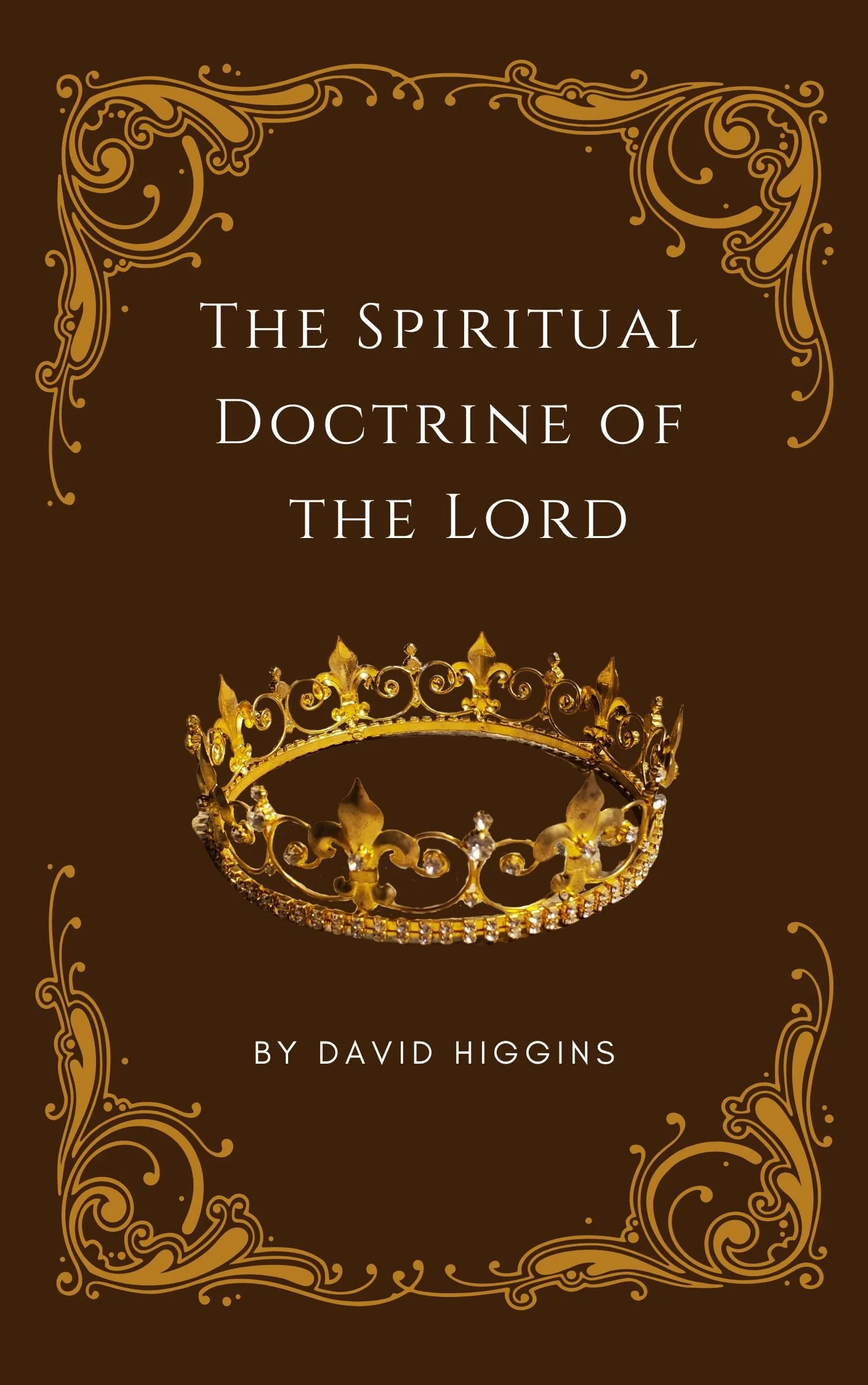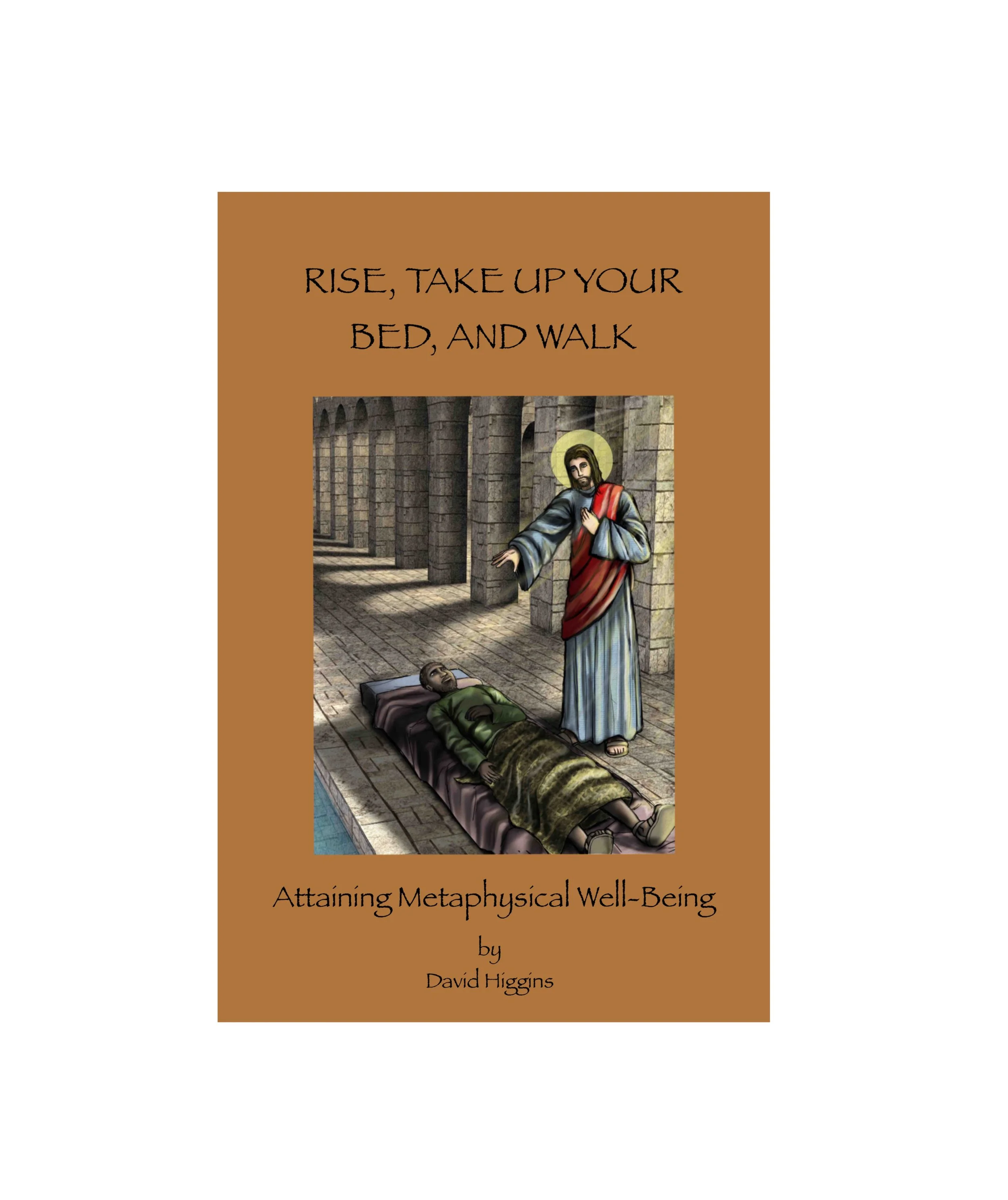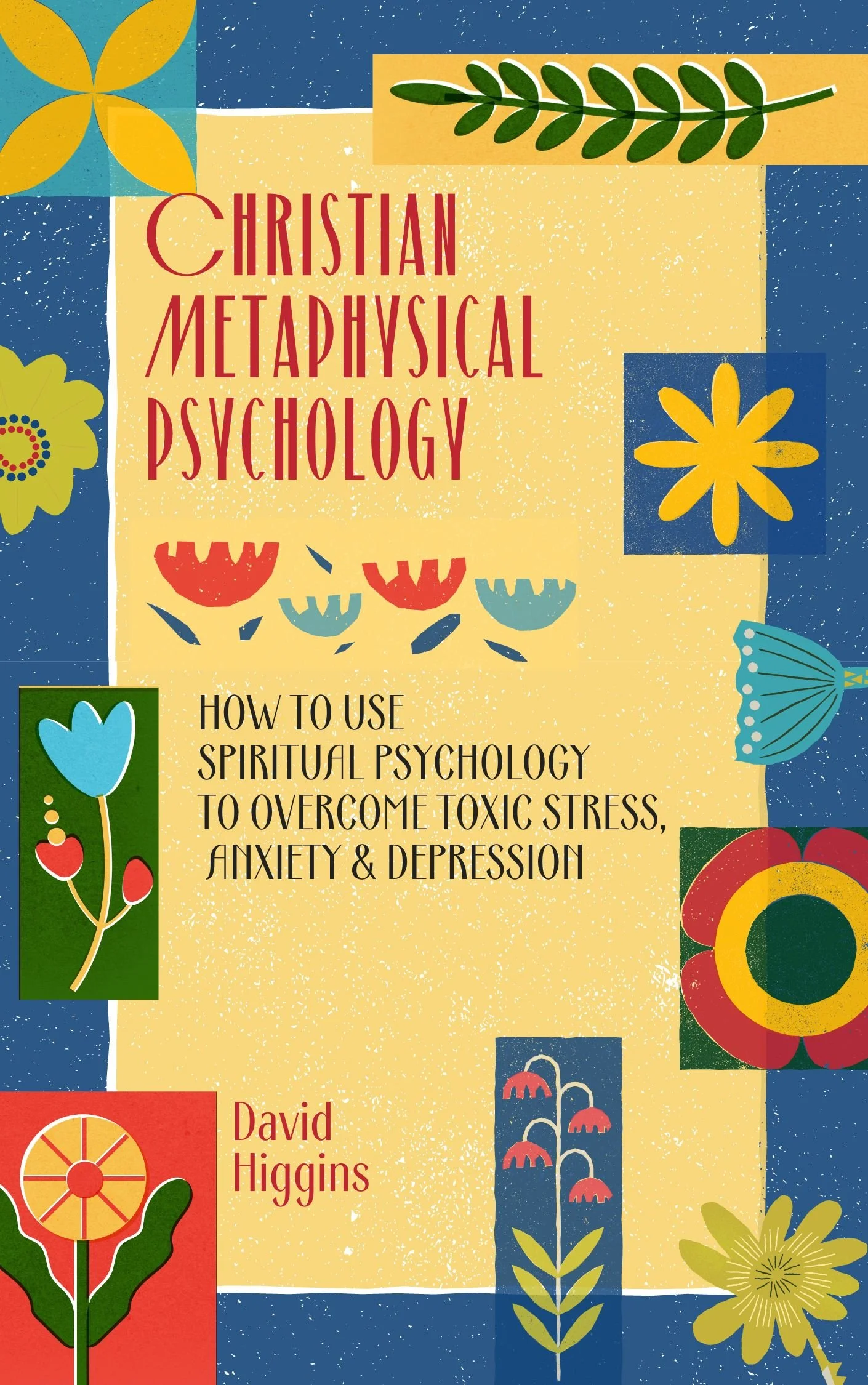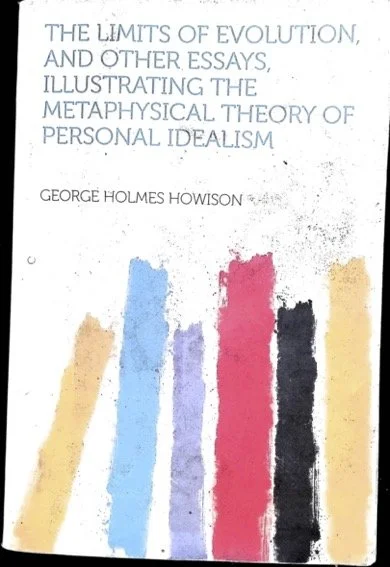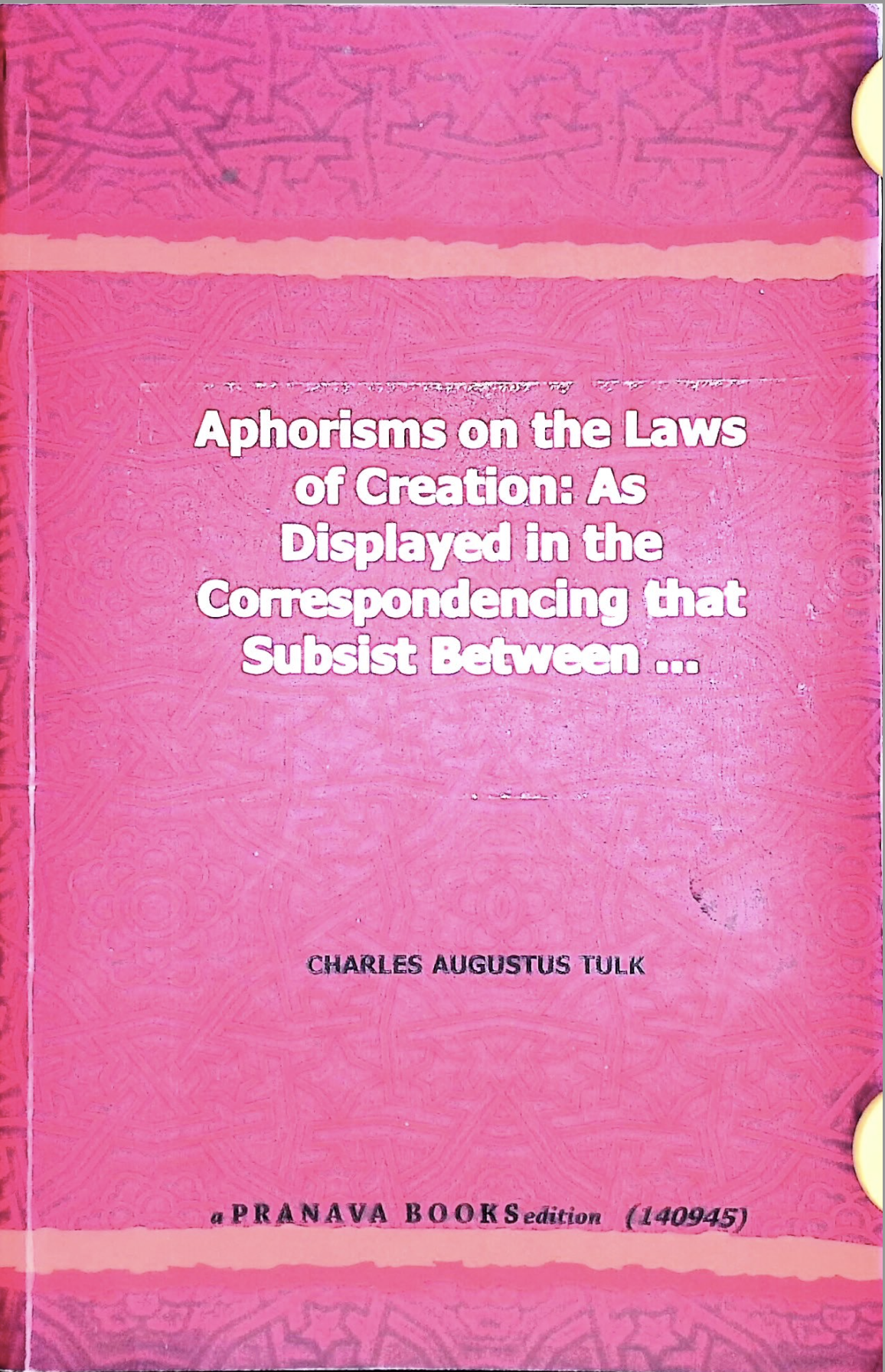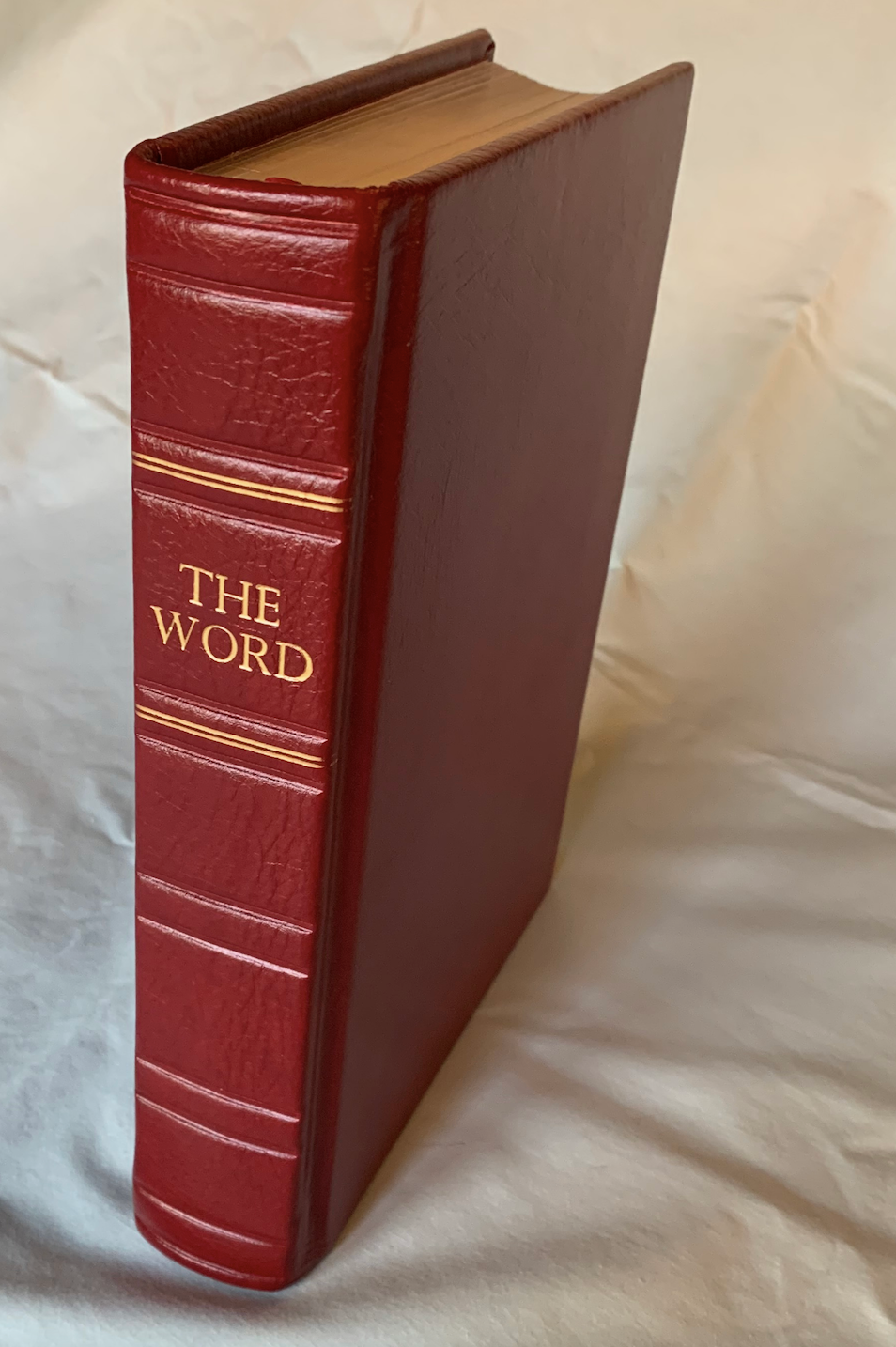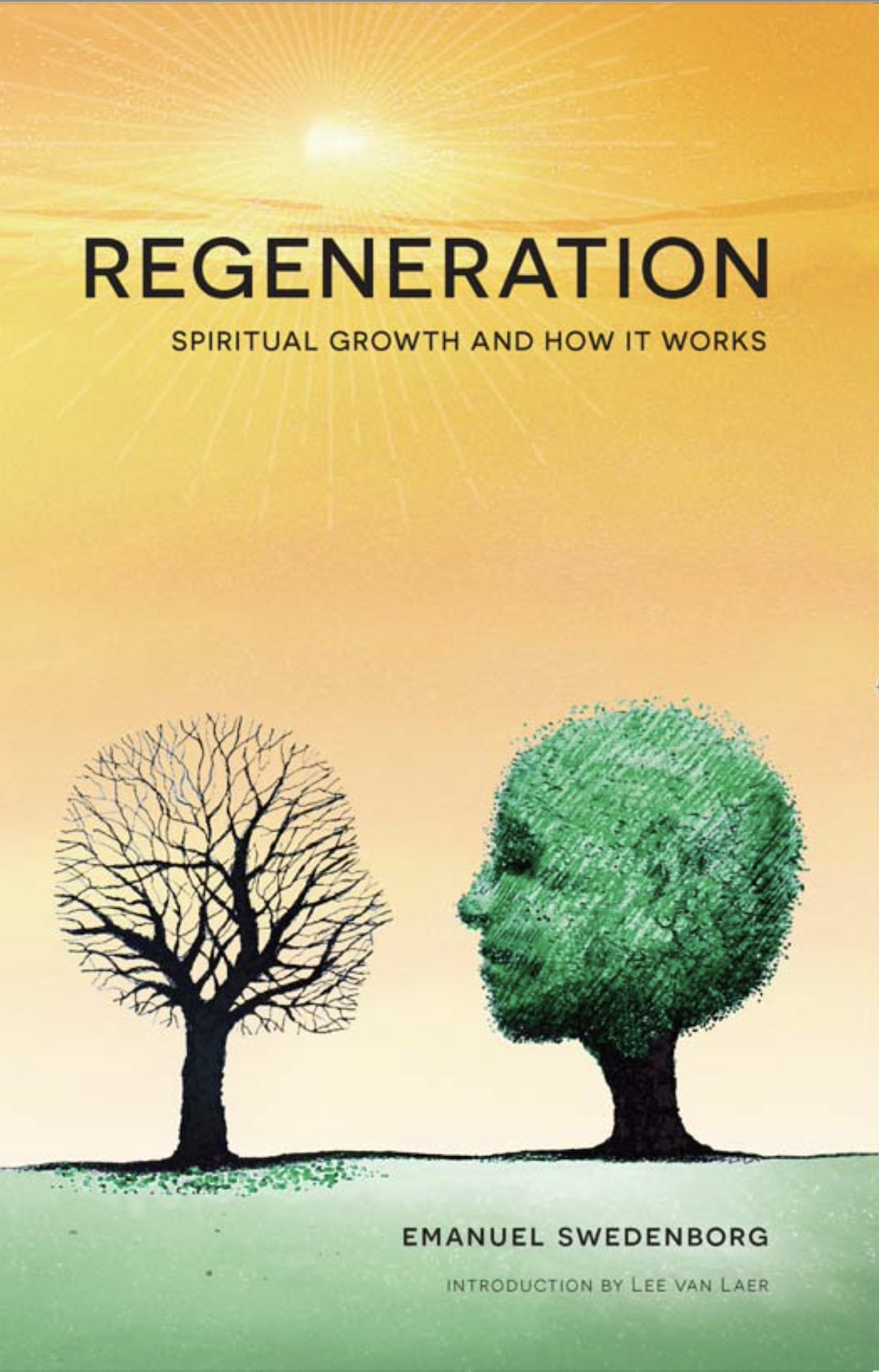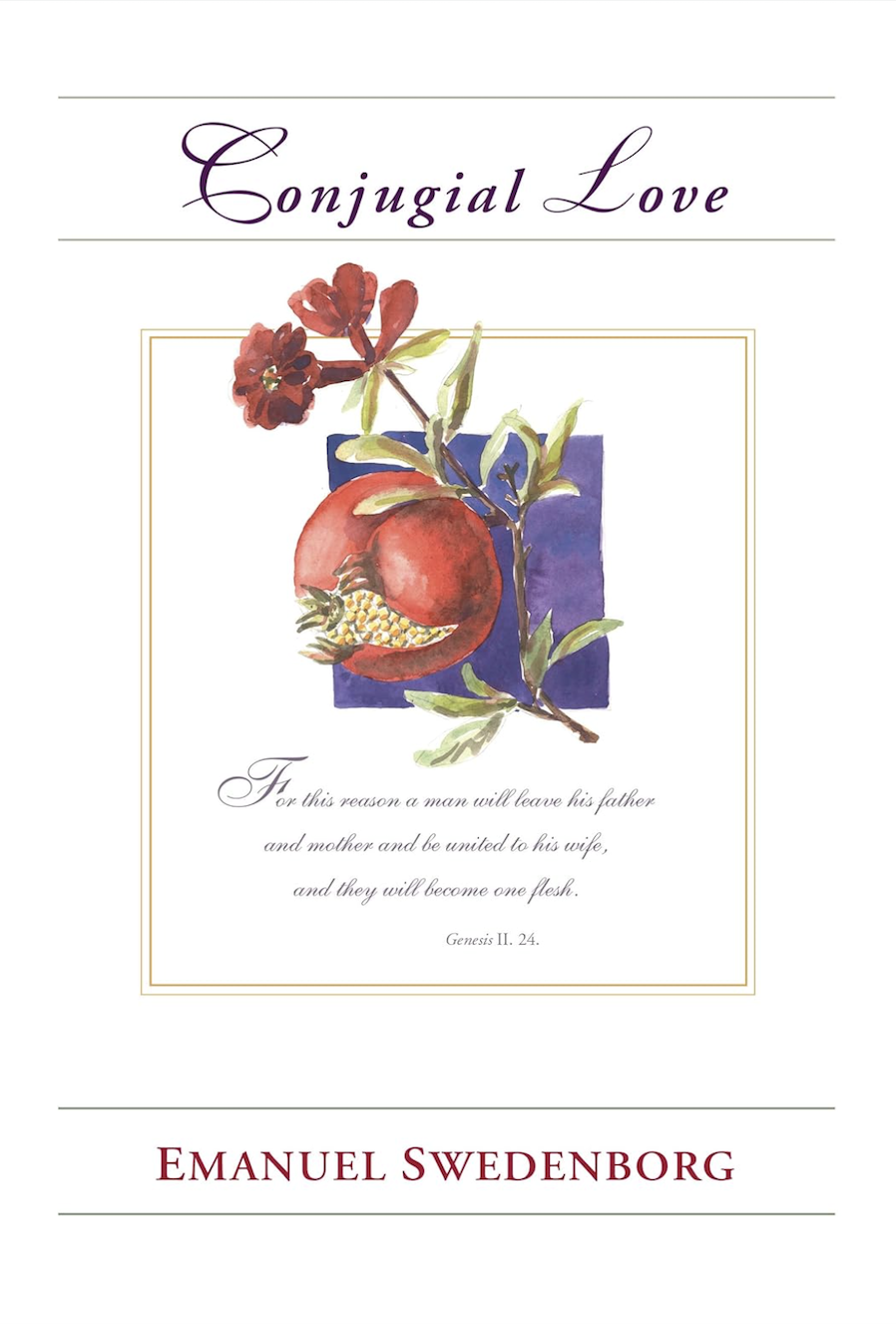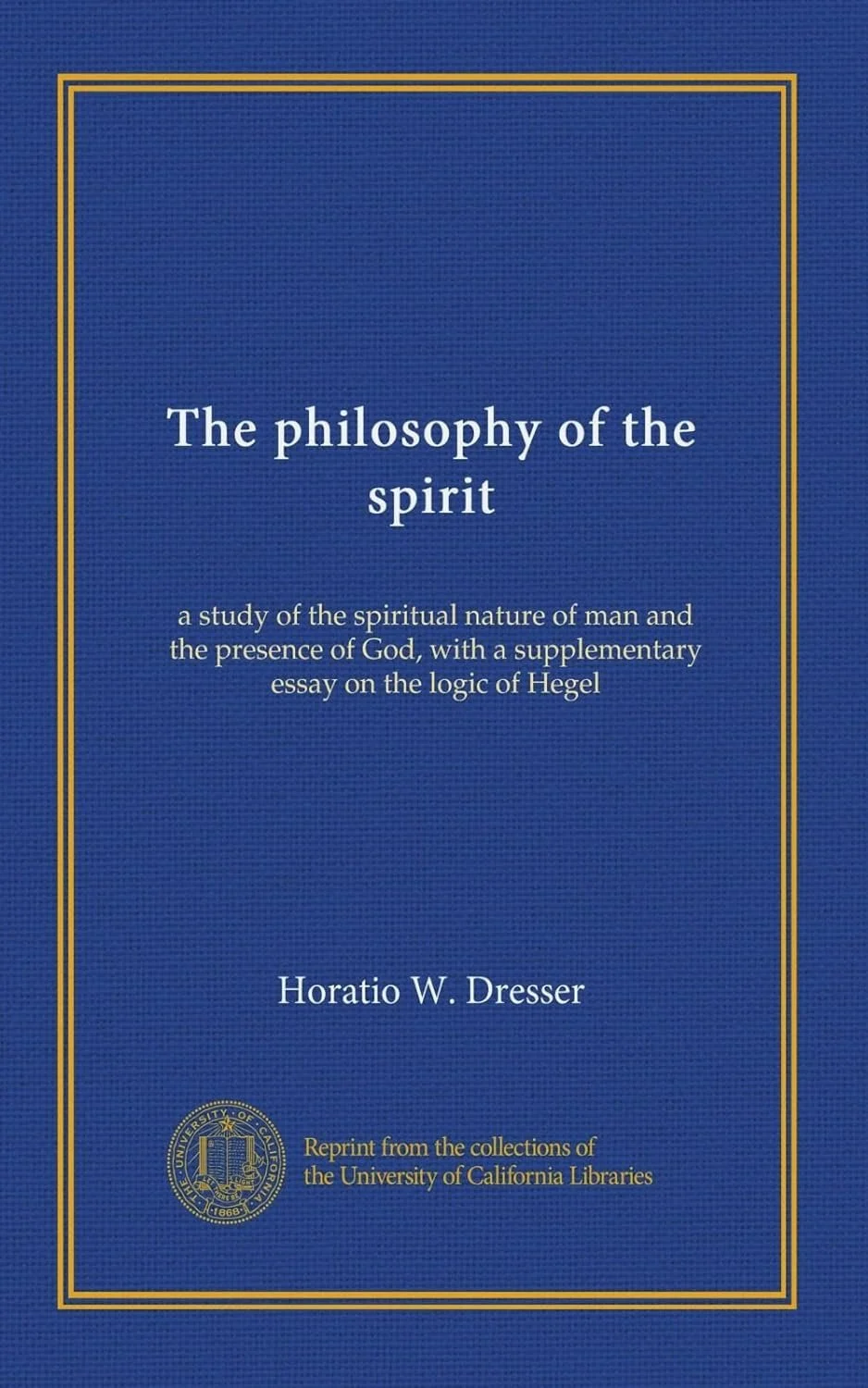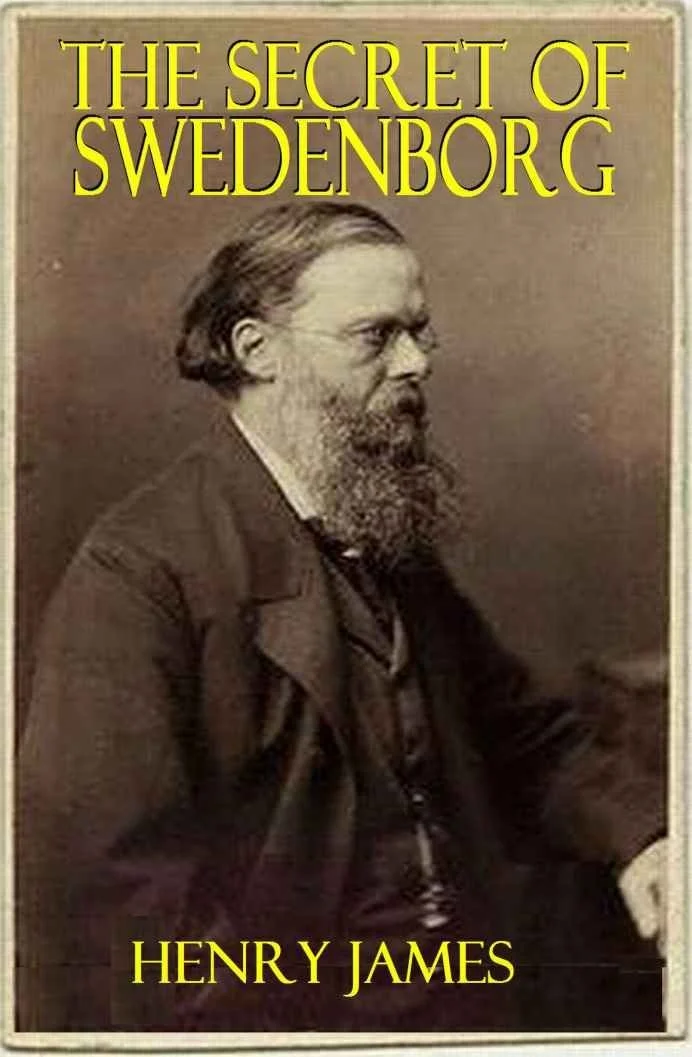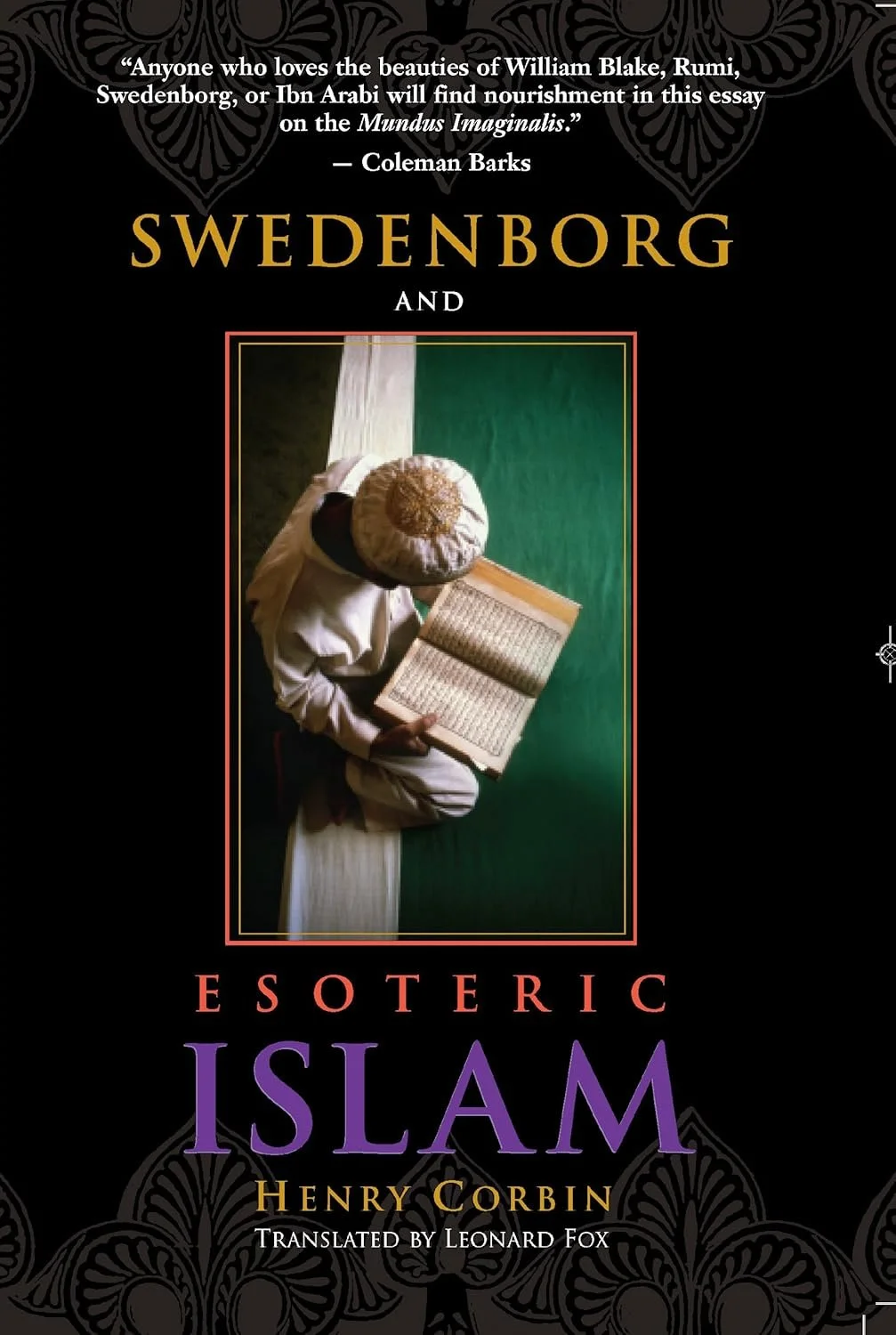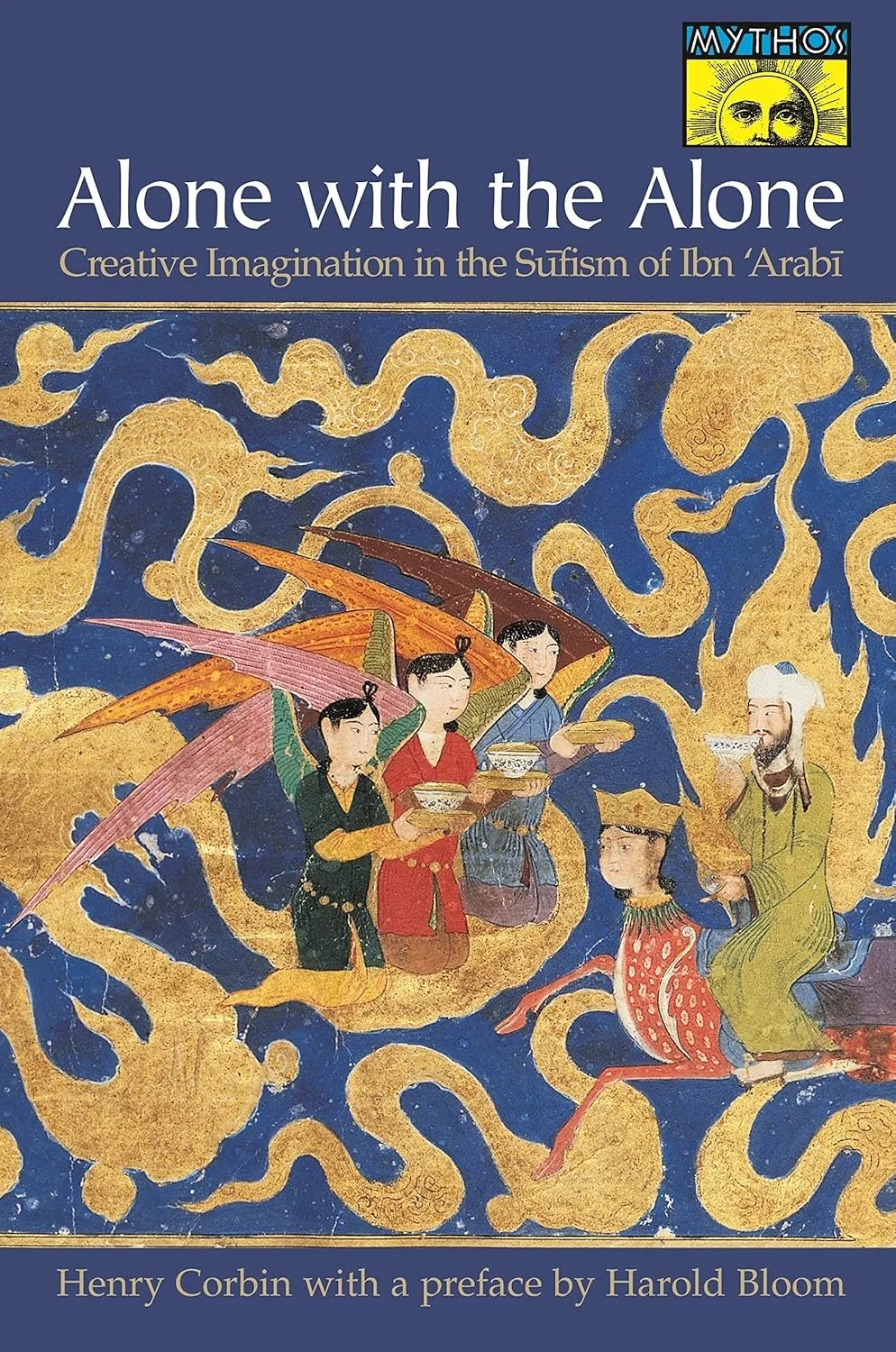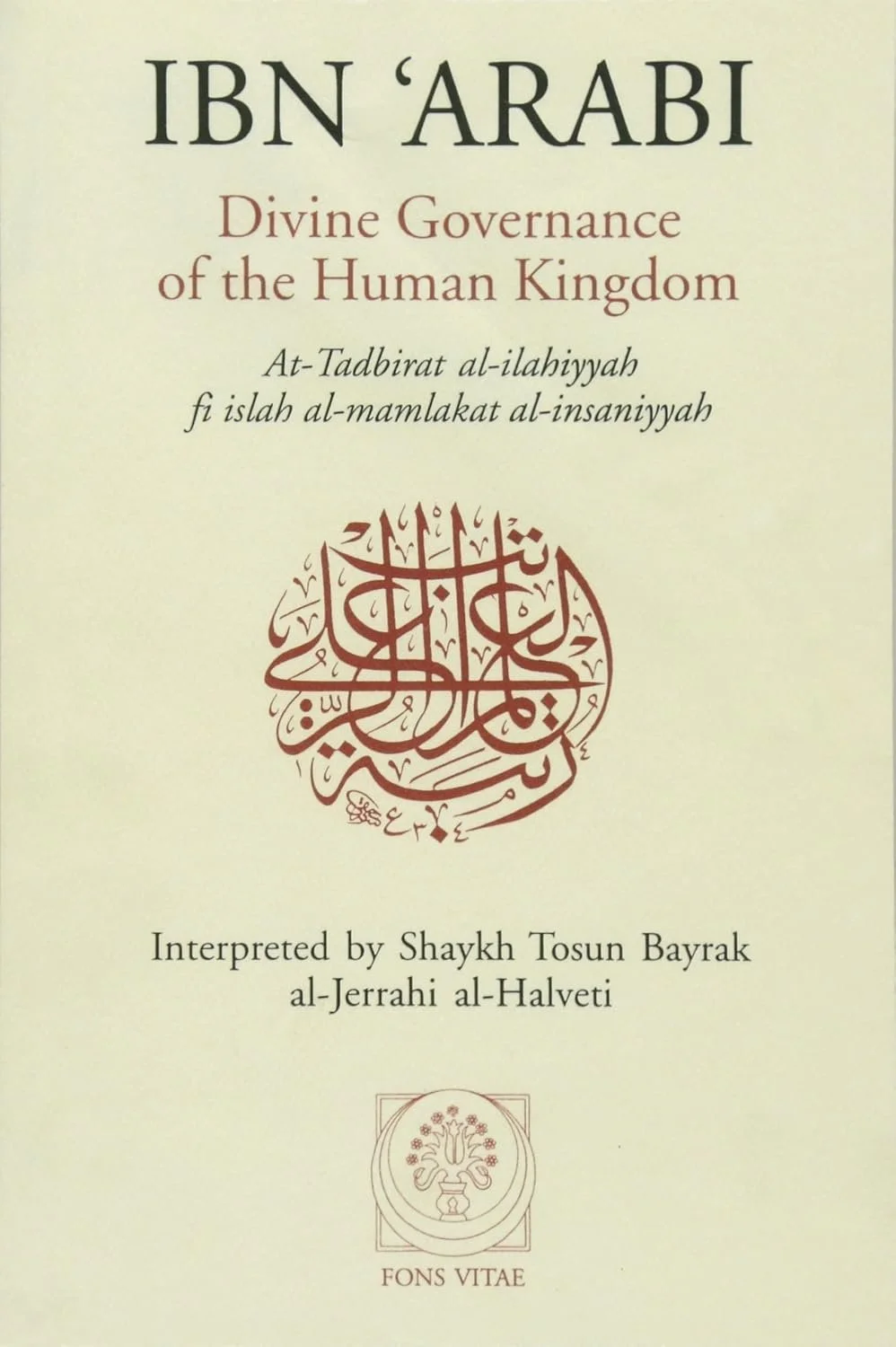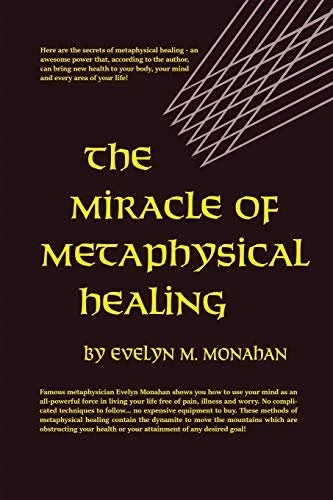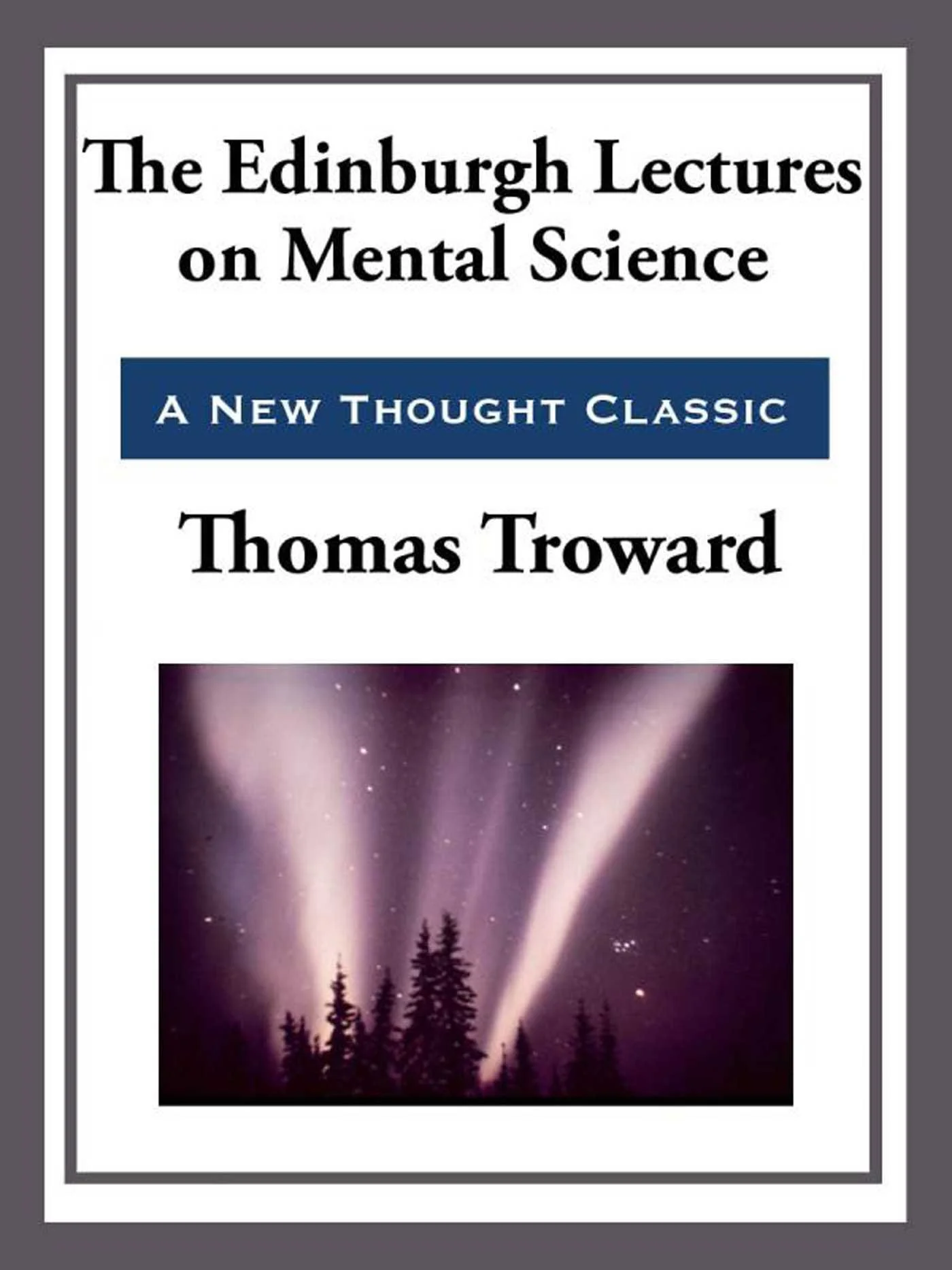
Books
All books are available as paperback and e-book at Amazon Books
and all of Swedenborg’s Theology is available at Swedenborg.com
Divine Providence contains Swedenborg’s solution to the “problem of evil”—that is, to the question of how one is to reconcile the notion of a loving God with the existence of evil, hardship, and suffering. It is also something of a self-help book, showing what the individual needs to do in order to change inwardly. As a part of its general presentation of the action of divine providence, it includes a nuanced discussion of freedom of the will and arguments against two traditional Christian notions: that some people are predestined to hell and that it is possible to be saved instantly.
Heaven and Hell is Swedenborg’s most popular book and his fullest report of his experiences in the other world. In it he describes heaven, hell, and the world of spirits that lies between them, and he recounts in detail the process of passing from life to afterlife, as well as the subsequent experiences of the soul. He counters certain traditional views by maintaining that angels (and devils) are not a separately created genderless race but people (both male and female) who once lived in the physical world. These spirits end up either in heaven or in hell depending upon the lives they have led and the choices they have made on earth. Infants and children of any and all religious backgrounds—atheistic, agnostic, non-Christian, or Christian—enter heaven and grow up to young adult age after death, while adults maintain or regain a state of healthful youth. Swedenborg colors his account with abundant details concerning the nature of the spiritual world—having to do not only with angels and their powers, their language, their homes and clothing, but also with the circumstances of devils and evil spirits.
In many respects, Heaven and Hell is “the place to start” for those who wish to become acquainted with Swedenborg’s rich account of the afterlife. Over the years this volume has been much sought also by readers who have an interest in near-death experiences or who seek consolation for the loss of a loved one.
The Personal Universe introduces the metaphysical philosophy of Personal Idealism, which is a school of thought based on the rationally deduced principle that individual personal consciousness is the foundation of universal reality. It explains the relationship between internal and external phenomena, i.e. the “hard problem of consciousness.” Transcending the philosophy of physicalism will enable humanity to unleash the power of the individual and collective mind to shape our shared reality for the benefit of all. Personal Idealism logically and rationally proves the existence of a Divine Infinite Person (God) at the center of reality, and confirms the fact that our individual consciousness is free and eternal.
The Metaphysics of Covid-19
Idealism, Disease, and Society
This book presents an analysis of the covid-19 pandemic in the light of the metaphysical philosophy of idealism, which rationally demonstrates that the universal reality is within our human consciousness. The mind/body dynamic is rationally delineated and the cause of disease is investigated, along with its basis in the collective mind. The physicalist paradigm is demonstrated to be without merit.
The Spiritual Level
In the context of the history of the evolution of Bible interpretation, and in comparison to a wide variety of exegetical strategies, the Science of Correspondences is introduced. This ancient wisdom was rediscovered by Emanuel Swedenborg, and is presented as a reliable, consistent method to unlock the inner level of meaning in the Bible, based on the universal language of creation.
Allegorical Jesus
This book is a brief introduction to Swedenborg’s spiritual method of Biblical interpretation applied specifically to the story of Jesus. Emanuel Swedenborg rediscovered for us the ancient wisdom of correspondences, which is the metaphysical key to unlock the depths of sacred meaning that may be found in the gospels of Matthew, Mark, Luke and John. According to this exegetical method, every element of these texts has a hidden spiritual symbolic value, and the entire narrative is understood to be a spiritual parable.
Foundation Principles
Emanuel Swedenborg published 30 volumes explaining the universal metaphysical realities we all experience, including first hand descriptions of the world beyond the grave. The information he presented is both esoteric and profoundly practical. He is the greatest biblical expositor, and his analysis of Christian doctrine is complete. This book presents a short topical overview of his entire catalogue of spiritual books. These ideas are the basis of an unequaled, rational holistic spirituality.
The Doctrine of the Lord
This short work provides biblical support for Swedenborg’s position on certain fundamental points of Christian theology, particularly the nature of the Trinity and unity within God, the role Jesus plays in those mysteries, and the specific meaning that Jesus’s death on the cross has in relation to human sin.
The Spiritual Doctrine of the Lord
This work will present the argument that Swedenborg’s doctrinal work, titled The Doctrine of the Lord, the most important book in his extensive theological catalog, must be interpreted in a spiritual semantic, and not simply read literally. Throughout his spiritual writings, Swedenborg employed a multi-level semantical strategy commonly understood as parable, writing what on the surface appears to be simple history, but containing an essential, inner, metaphysical message. The rational necessity of a non-literal approach to this doctrine is made very clear.
Rise, Take Up Your Bed and Walk
The book delineates the individual practical application of various strategies of philosophical metaphysics, the rational science of ultimate reality, with the goal of establishing sustained personal harmony, health and satisfaction. Through the ages, each individual has faced the challenge of self-realization with varying degrees of success, but the key to success is unchanging: The desire to be whole must be aligned with personal responsibility.
Christian Metaphysical Psychology
“Be Transformed by the Renewal of your Mind.” Romans 12 : 1
The Apostle Paul and Emanuel Swedenborg both understood the way to experience mental and emotional well-being. Their combine insights into the metaphysical realities which form and influence consciousness, and the implementation of various religious attitudes and disciplines will enable the reader to understand the sources of toxic stress that humanity is subject to in modern society, and through that understanding, avoid the experience of anxiety and depression.
Included is a description of the basic structure of consciousness, the interaction of the individual with the shared consciousness of society, the mind-body dynamic, nd a discussion of the pharmaceutical approach to mental health.
Apocalypse Revealed
Volume 1: An exegesis of Revelation 1–11 in which John’s apocalyptic visions are interpreted as prophetic descriptions of what was to unfold (and, by the time of writing, had unfolded) spiritually in the Christian church. The central message is that false belief was corrupting the church, necessitating the establishment of a new spiritual paradigm. The letters to the seven churches symbolize a call to reformation for all Christians; the terrifying horsemen, locusts, and earthquake foretell the impending Judgment in the spiritual world on false Christian theology and its adherents; and the bitter booklet eaten by John depicts the church’s resistance to information concerning God’s true nature.
Volume 2: Covers the second half of Revelation, chapters 12–22, and explains the events there as symbolizing various stages in the coming Judgment in the spiritual world and the creation of a new church. After the Judgment is complete, the resplendent Jerusalem descends and God promises to come again. This final vision depicts the arrival of a new church in which individuals will be able to receive enlightenment from God in a new way. Swedenborg ends the accounts of his spiritual experiences, and the volume, with a description of angels and spirits in conversation about the true nature of God.
The Limits of Evolution
A collection of seven essays presenting arguments from a variety of approches, in favor of the idea that personality is the source and sustainence of universal reality. Essay titles include: The Limits of Evolution, Modern Science and Pantheism, The Right Relation of Reason to Religion, Human Immortality: its Positive Argument, and The Harmony of Determinism and Freedom. This book presents a complex rational justification of the metaphysical philosophy of Personal Idealism, and also supporting the Idea that the Ultimate Reality is The Infinite Person, God, and yet our individual, finite personality is likewise real and eternal.
The Social Construction of Reality
“This volume is a systematic, theoretical treatise in the sociology of knowledge…The basic contentions of the argument of this book are implicit in its title and subtitle, namely, that reality is socially constructed and that the sociology of knowledge must analyze the process in which this occurs. The key terms in these contentions are “reality” and “knowledge,” terms that are current not only in everyday speech, but that have behind them a long history of philosophical inquiry….Here we define “reality” as a quality appertaining to phenomena that we recognize as having a being independent of our own volition, and “knowledge” as the certainty the phenomena are real, and have specific characteristics.” (from the Introduction). This book presents compelling evidence that what we all collectively agree to be “truth” is the actual source of experienced phenomena. This book is a breakthrough in the evolution of the collective wisdom of humanity.
Spiritual Christianity
Charles Augustus Tulk (1786-1849) raises very important points to consider in the study of the theology and metaphysics of Emanuel Swedenborg. Tulk has a very solid pedigree and credentials as a scholar of Swedenborg. His father, John Augustus Tulk, was a very wealthy, educated British aristocrat, a member of parliament, and he was a close personal friend of Swedenborg. John Tulk, with Robert Hindmarsh, founded the Theosophical Society in 1784, to study and promote Swedenborg. The way Tulk analyzed Swedenborg was not popular, and he was shunned as a heretic by the fundamentalist Swedenborg influenced churches of his time, and still to this day, Tulk’s scholarship is still entirely ignored by those groups, because he challenges basic ideas about the nature of reality, such as the popular scientific theoretical philosophy of physicalism. He called for a very precise analysis through strict adherence to Swedenborg’s terminology and definitions, arguing that discipline of focus, and careful reasoning are essential to achieve logical clarity and systematic, rational conclusions. The Science of Correspondency is not understood in a casual manner, and it is easy to lose track of important principles and thereby miss the point entirely. Tulk’s Swedenborg perspective is called rational mysticism. He provides an important series of insights which allow a precise understanding of Swedenborg’s metaphysical structures, and theological doctrines, such as the Doctrine of the Trinity.
Aphorisms on the Laws of Creation, as Displayed in the Correspondencies that Subsist Between Mind and Matter.
This short book presents a concise series of statements about reality, from a metaphysical paradigm drawn from Swedenborg.
The Kempton Bible Translation
“Each word in the Sacred Scripture is like a precious stone given to us by the Lord, each phrase and verse is like a jewel. The words are beautifully arranged to reflect and transmit the light of heaven from within. The more a translation reflects this arrangement and beauty, the more the glory of the Lord can be seen. There are aspects of the Letter of the Word that cannot truly be brought into what is called Standard English, but a translation faithful to the original text in the light of the Heavenly Doctrine can convey to the English reader what the Lord has revealed to man.
This translation is even more thoroughly and carefully revised, keeping in mind the fullness, holiness and power, by which the Word serves the eternal purpose of conjoining heaven and earth, together with the Lord.”
The interaction of the Soul and Body
This profound and essential philosophical work is an unequivocal statement supporting Swedenborg’s metaphysical Idealism. He argues a complete refutation of the idea of physical influx, and clearly delineates the spiritual source of reality.
Sacred Scripture & The White Horse
In this pair of short works, which he originally published separately, Emanuel Swedenborg describes the literal text of the Bible as a vessel for higher truth. If we look beyond the obscure and seemingly inconsistent details in Scripture, he says, we can perceive a divine love and wisdom that permeates not only the Bible but the entire universe.
Equipped with knowledge of the Science of Correspondence we can see the Bible to be a work truly Divine, and unlock the infinite depths of spiritual wisdom hidden within.
Regeneration
In his theological works, Swedenborg describes the two parts of our mind: the intellectual part that wrestles with questions of right and wrong, and the emotional side that drives us toward what we truly love. We are born with selfish impulses and desires, and while we may learn to act ethically, we don’t start growing as spiritual people until we transform our emotional side. That transformation, he says, happens from the outside in: first we decide intellectually to be more loving, and that decision leads us to choose consciously to act for the good of others. These external thoughts and actions gradually open us to a higher love, one that transforms our desires and ultimately our fundamental being. He calls this process regeneration.
Swedenborg discusses regeneration in many places throughout his prolific theological writings. This book brings his key teachings on this topic together in one volume, illustrating the process of becoming a spiritual being and discussing how and why that process works.
REBT - Rational Emotive Behavior Therapy
This system of therapy begins with the realization that outer events and circumstances do not determine our happiness; rather it is our own philosophical paradigm that will create, or uncreate positive emotions. People who are aware of their capacity to control their own mental and emotional experience have a far greater chance of experiencing more joy, less misery, and a healthy stability, even when coping with hardships.
An efficient, goal/results oriented process is presented to facilitate philosophical adjustments that will eliminate emotional disturbance.
This concise workbook may be effectively used independently or with a group, or with a therapist.
The Art of Spiritual Healing
Presenting the results of thirty years of experience in practicing spiritual healing, this is one of the three books world-renowned teacher and mystic Joel S. Goldsmith felt epitomized the essence of his teachings. In a decided departure from other books on this controversial subject, Goldsmith alternates instruction with meditation to demonstrate that physical well-being results naturally from attaining a consciousness of oneness with God. Covering all aspects of spiritual healing, this is Goldsmith’s blunt nondenominational explanation of the most profoundly practical, and challenging esoteric metaphysical concepts, spiritual healing. Goldsmith was a dynamic public speaker. His mystical semantic and authoritative attitude captivated audiences worldwide. The second link is to one of his more than 1250 taped audio teaching sessions.
It is my opinion, that Goldsmith does effectively communicate some concepts which have important practical significance, but it is all mixed up with metaphysical and philosophical errors. Most of his ideas are derived from unique interpretations of a very small number of Bible verses, using highly questionable semantical juxtapositions between spiritual and natural concepts. From a mystical standpoint, he dismisses everything finite, relative, subjective and human as illusion. His message is loosely reasoned, imprecise, and inconsistent, and it is not legitimate to say his message is Biblical, because his use of scripture is so extremely selective. But both his message and delivery are captivating, and aggressive enough to shake us out of our sleepwalking victimization to materialism and nature worship.
Conjugial love is the love a husband and wife share while they look to the Lord in useful service to others. This love lasts to eternity with the couple growing closer and closer. It is above every other love that humans can enjoy. But it is said to be very rare at this day. It is attained progressively as the couple approaches the Lord in the life of religion. When attained, the couple will experience inner peace, innocence, tranquility, full trust, inmost friendship and a deep desire for union on all levels of human life. Both the ideal, with practical ways to work for it, and the perversions people can enter into that destroy it, are discussed. The book, since its publication in 1768, has been both controversial due to the subject matter covered, and also inspiring. Its influence has been far reaching, running as a subtle current throughout nineteenth century literature to the present. Its pages give hope for our world where marriage between husband and wife is challenged, showing how each partner can make a different but important contribution to their union.
Warren Felt Evans (December 23, 1817 – September 4, 1889) was an American author of the New Thought movement, and a Swedenborgian minister. He published 10 books on esoteric Christianity, Swedenborgian theology, and spiritual healing.
He was the founder of a mind-cure sanitarium in Salisbury, Massachusetts, and has been referred to as "the recording angel of metaphysics."
Horatio Willis Dresser (January 15, 1866 – March 30, 1954) was a New Thought religious leader and author in the United States. In 1919 he became a minister of General Convention of the Church of the New Jerusalem, and served briefly at a Swedenborgian church in Portland, Maine.
In this book, Henry James presents a unique and powerful statement of the meaning of Swedenborg’s doctrine of The Divine Humanity. Swedenborg’s teaching on the spiritual origin of nature is emphasized, showing that creation is a spiritual reality which occurs when humanity regenerates and transitions from being first a mere image of the Divine, into becoming a spiritual likeness of God, receptive of the fulness of His Infinite Love and Wisdom. James points out that Swedenborg, interpreting spiritually the creation account in the book of Genesis, is not talking about male and female in any conventional manner, rather the parable of Adam and Eve addresses the spiritual dynamic which occurs in the consciousness of each individual, between the intellect and the will, as we evolve from being animals to becoming a fully created, and thus creative human being. This evolutionary process also occurs within the collective consciousness of humanity as we progress to a more perfect state of society, which is the ultimate purpose of Divine Providence. This is a profound book, most highly recommended.
Ibn 'Arabi’s “Divine Governance of the Human Kingdom” is a rich and profound text that offers insights into the nature of spiritual development, inner governance, and the human condition. Its teachings have the potential to inspire individuals and societies to adopt a more spiritual and harmonious approach to governance, and to cultivate a deeper sense of unity and connection with the divine.
This is a straight forward, practical, profound and powerful instruction book. It provides simple, step-by-step failproof techniques to completely cure any and every condition which brings suffering, whether due to any type of physical, mental or emotional cause.
I give this book my highest recommendation!

